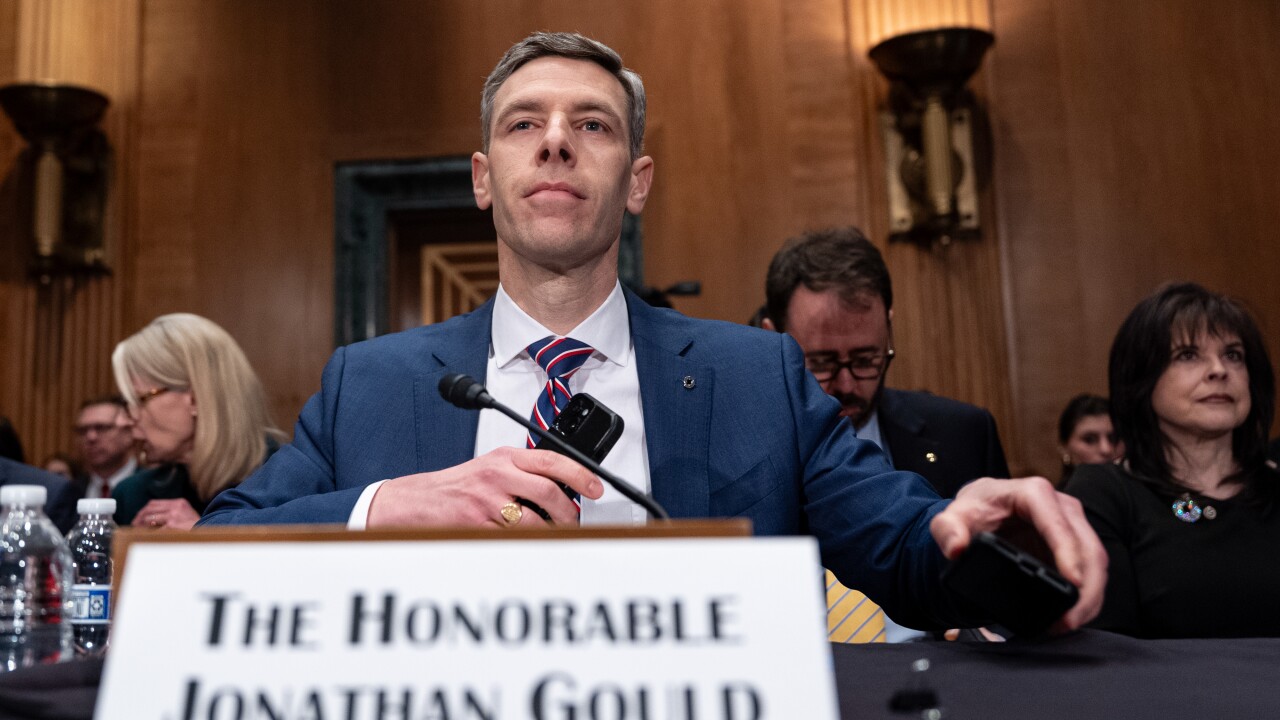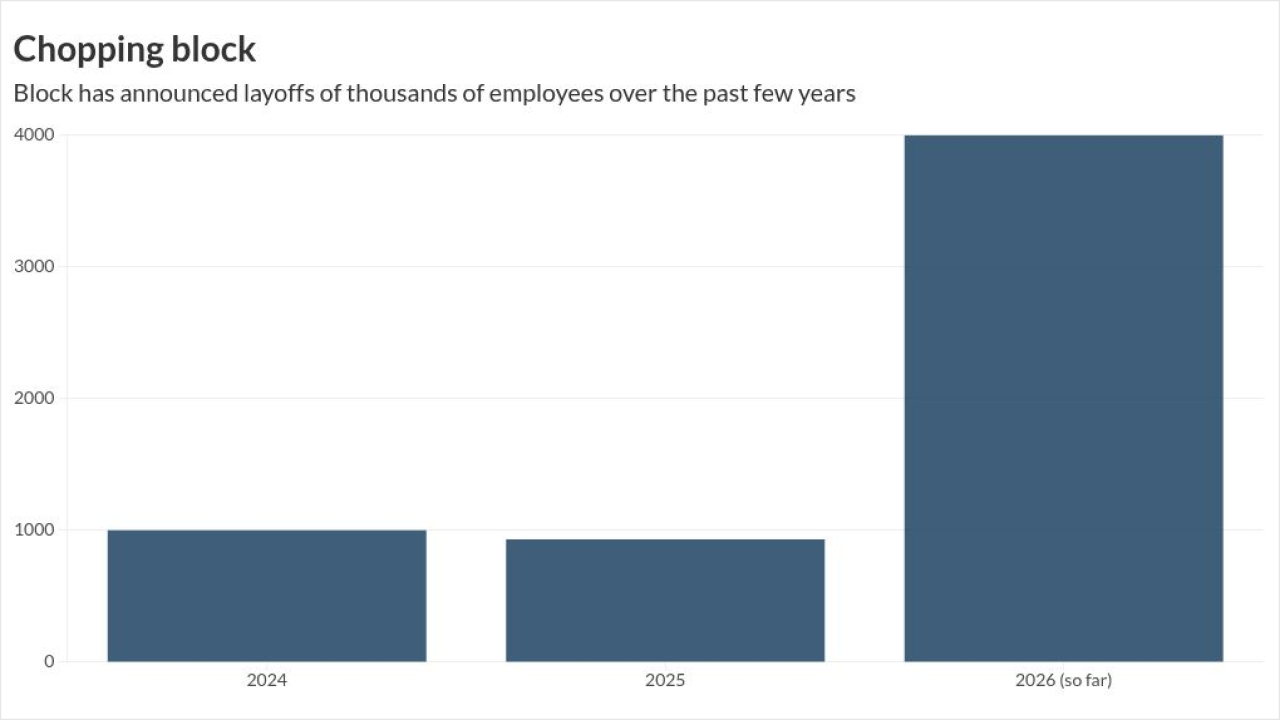
WASHINGTON — The Federal Deposit Insurance Corp. issued official letters Thursday demanding three companies promptly cease-and-desist making misleading statements which violate the agency's rules on claims of deposit insurance.
"The companies and certain officers made false representations by stating or suggesting that the companies are FDIC-insured, uninsured financial products are insured by the FDIC, misusing the FDIC name or logo, misrepresenting the nature or extent of deposit insurance, and/or failing to identify insured depository institutions with which it has a relationship for the placement of customer deposits and into which funds can be deposited," the agency wrote in a release.
FDIC leveled the accusations against
FDIC Chairman Martin J. Gruenberg said he wants to discourage firms or individuals who misuse the FDIC's name or logo —online or otherwise.
"The FDIC has observed an increasing number of instances online where firms or individuals have misused the FDIC's name or logo, or have made false or misleading representations about deposit insurance," said Gruenberg. "These practices can confuse consumers about whether they are dealing with an insured institution and if they are protected by deposit insurance."
The FDIC has the authority granted under the Federal Deposit Insurance Act to enforce these prohibitions against any individual or entity. The FDI Act prohibits companies or individuals from misrepresenting uninsured financial products as FDIC-insured and from knowingly providing false information about the extent and nature of deposit insurance. The Act also specifies the manner in which companies may use the FDIC's likeness or name in their name, advertisements or other documents which could imply FDIC insurance.
Rectifying false claims of insurance has been a persistent concern for FDIC Chairman Martin J. Gruenberg for some time. The Chairman has previously warned the industry about these deceptive practices, which he says not only entice investors into less-than-safe investments under false deposit guarantees, but also threaten to shake public trust in FDIC and its deposit insurance.
The need to properly delineate which kinds of assets are FDIC insured is especially important as the industry gradually emerges from the stress caused by bank failures earlier in the year. The agency's actions further regulators mission to rebuild both consumer trust and preserve confidence in deposit insurance.
The FDIC's Deposit Insurance Fund was established under the Glass-Steagall Act in 1933 to safeguard customer deposits in the event of an FDIC-insured bank's failure. The Federal Deposit Insurance Act, enacted in 1950, grants the FDIC the authority to take action to stop companies from falsely claiming certain products are insured or misusing logos to incorrectly imply FDIC's backing .
In recent years, the FDIC has stepped-up its enforcement against such misleading representations by shadow banks. Last July, the agency sent a similar letter to the crypto exchange






